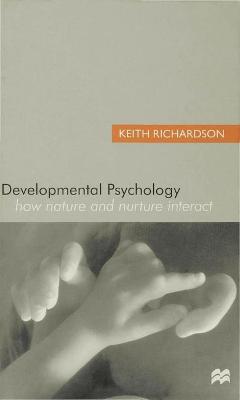The last twenty years of research on human development have seen a revolution in our view of the human infant. A newborn baby looks at his mother and imitates her actions, without learning. How does he know how to poke his tongue out? Why does he know? Mostof us still assume representations in the mind to be the condition of intelligent action, even though simple robots with no central representations at all can navigate around cluttered environments and draw maps of them. Nearly everyone wants to retain the term 'innate' even though we are finding that supposedly 'innate' behaviours are not determined and depend upon experience. We want to treat genetic selection as basic evolution, so how did genes evolve? How can all this be? Psychology is caught in a conflict of paradigms. We all claim to be interactionists, yet we continue to accept the language and the thinking of traditional dichotomies: nature/nurture, innate/learned, mind/body, organism/environment. This clear and refreshingly-written authoritative text explores these confusions and provides a trenchant critique of dichotomous thinking.
It moves on to offer an alternative view of development, first describing in an accessible way ecological and dynamic systems perspectives and then combining them to provide a more coherent and powerful critique of recent research and major issues.
- ISBN10 0333740432
- ISBN13 9780333740439
- Publish Date 20 December 1999 (first published 1 December 1999)
- Publish Status Out of Print
- Out of Print 26 May 2010
- Publish Country GB
- Imprint Palgrave Macmillan
- Format Paperback (UK Trade)
- Pages 272
- Language English
